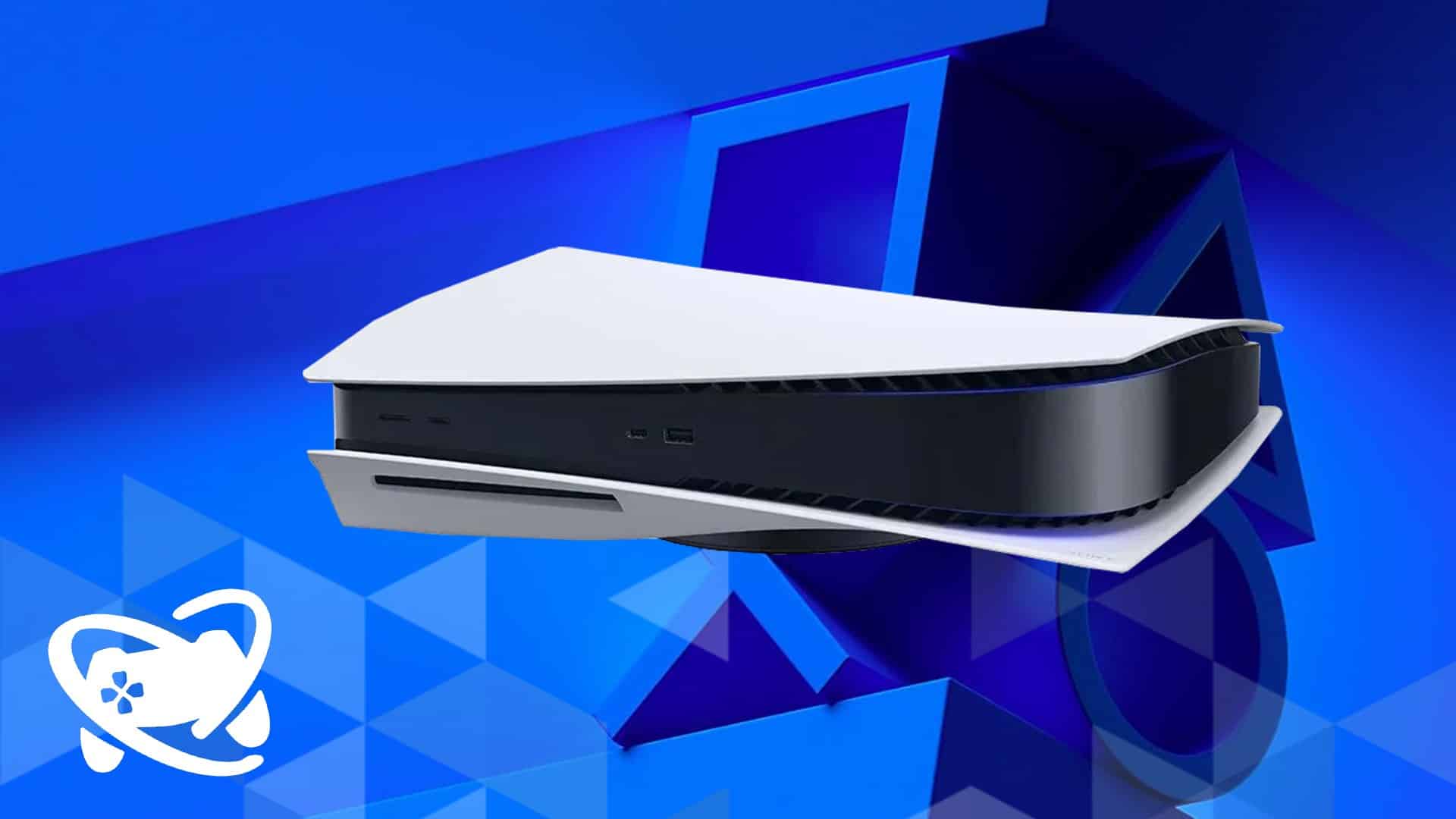
According to recent research, headaches are more likely to occur in astronauts during space missions. This study included 24 astronauts from space agencies in the United States, Europe, and Japan, who spent up to 26 weeks on the International Space Station (ISS). The majority, 24 of them, reported experiencing headaches during their stay.
The pain persisted not only in the first weeks in space, when the body goes through the process of adapting to microgravity, but also later. “We hypothesize that there are different mechanisms involved in early headache cases — within a week or two in space — compared to cases that occurred later,” said neurologist Willibrordus P.J. van Oosterhout.
Microgravity and its effects
The main challenge when astronauts arrive in space is adapting to the lack of gravity, which is known as space adaptation syndrome. It can cause nausea, vomiting, dizziness, and headache. In contrast, subsequent headaches may be the result of increased intracranial pressure.
Because of microgravity, more fluid accumulates in the upper body and head, causing greater pressure on the skull. “The headache you experience is often throbbing and pulsating that lasts 4 to 7 hours, unlike a tension headache which is felt all over the head without these other symptoms,” Van Oosterhout said.
Astronauts and their missions
The astronauts participating in the research were on board the International Space Station on missions from November 2011 to June 2018. Among them, 22 reported 378 headache attacks during a total of 3,596 days in orbit. None of the 24 subjects reported headaches during the three months following their return to Earth. It is worth noting that none of the astronauts had been diagnosed with migraines before their mission.
The impact of space travel on astronauts
In addition to headaches, documented effects of space travel include bone and muscle atrophy, changes in the brain, cardiovascular system, and immune system, problems with the balance system in the inner ear, and a syndrome involving the eyes. The risk of cancer from increased exposure to radiation in space is another concern.
Experts are still unsure how big a problem these impacts could pose for long-term human spaceflight, such as missions to Mars. “We don't know the effects of space travel for long periods – perhaps years – on the human body,” Van Oosterhout said.

“Web geek. Wannabe thinker. Reader. Freelance travel evangelist. Pop culture aficionado. Certified music scholar.”






